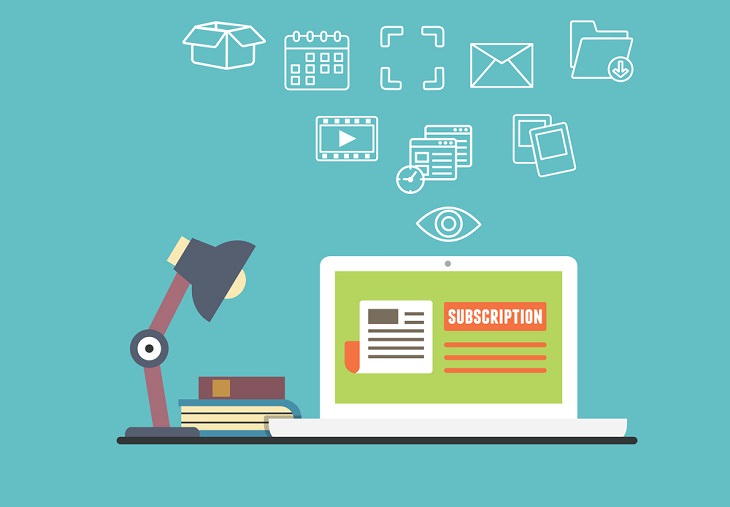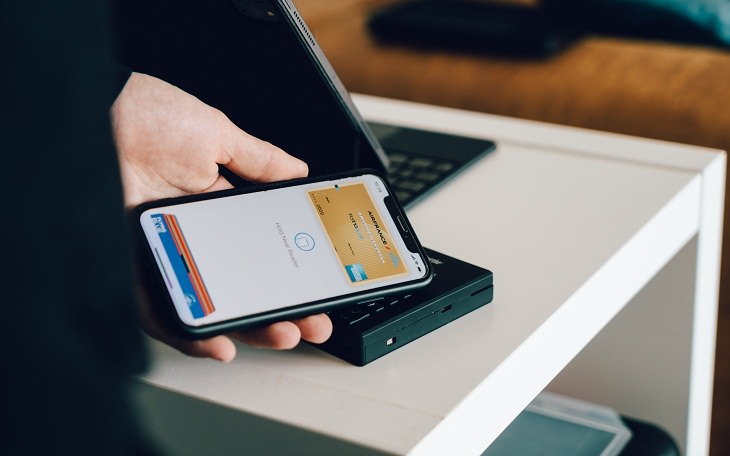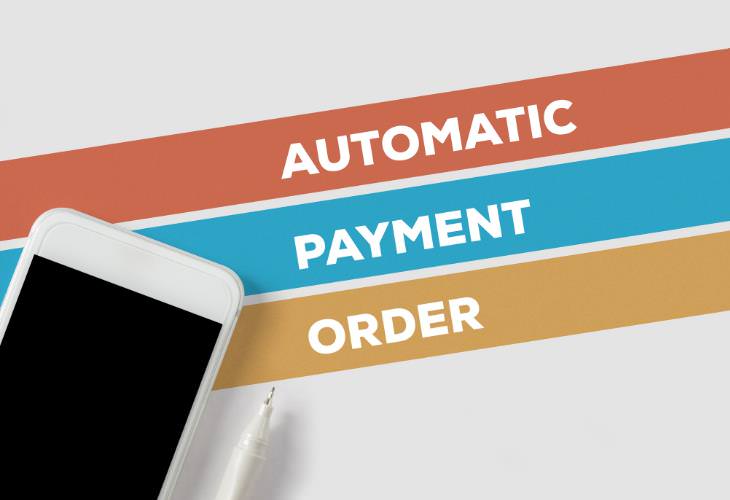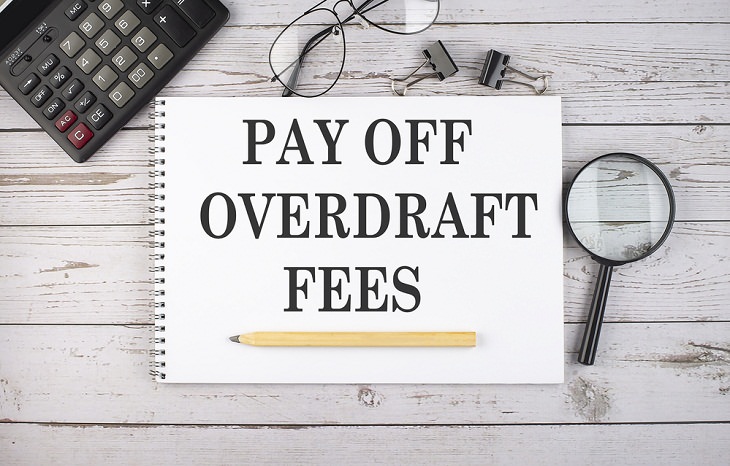Benefits of automatic bill payments
Apart from making bill payment convenient, there are a few other benefits of autopay as well:
* Instead of checking invoices and going through different websites, you can automate the bill-paying process through your bank. This will allow your bills to be organized and viewed in one place.
* Once the payments have been set up, you don’t have to keep doing the task each month.
* With automatic payment, you remove the risk of forgotten and missed payments. This will ensure that there will be no service interruptions and can also avoid any late payment penalties.
All that being said, industry experts are of the view that there are a few reasons we should be wary of auto payments.
Risks of Autopay
1. Risking overdraft fees
With manual payments, you can always check your account balance before making the payment to ensure that there’s sufficient balance left. However, with autopay, you are unlikely to be checking your account after each bill payment and hence risk an overdraft fee. An overdraft fee is a charge you receive from your bank or credit card company when they cover a payment, withdrawal, or electronic transfer you've made that has exceeded the amount of funds available in your checking account. Thus, for some reason, if you don’t have the required money in your account to cover automatic payments, you might then have to deal with fees from both your vendor and your financial institution.
2. Overspending because you are not watching your account
As we said, with auto payments, we often don’t monitor our account balances regularly. This can also lead to overspending.
For example, you receive bills that are more expensive than usual and have forgotten about the automatic payments, you may end up overspending without realizing and pushing your account balance lower than the amount you need to cover your preset bill payments.
Also, if you are not keeping an eye out on how much you're spending, you may develop a false sense of security and start overspending. If not kept in check, these spending habits could only get worse.
3. Forgetting to cancel services you're not using

Some bills, like memberships or subscriptions, shouldn’t be put on autopay. For example, you have monthly payments set up for the gym but you stopped going there after a couple of months. Or have an annual payment set up for some subscription programs like Netflix or Amazon Prime but canceled it later on. These kinds of bills can fall into the ‘out of sight, out of mind’ category. As a result, there's a risk of losing track of money being drafted from your account. And when you notice your credit card bill later on, you are shocked to find out there have been continued withdrawals through autopay for services you are no longer using. Thus, it’s vital to keep tabs to see if withdrawals persist after you have canceled a service.
Related: Buy Now Pay Later: What You Must Know About the Service
4. Forgetting to notice extra charges
Auto payment isn’t also a good idea for utility and cable bills where the total tends to fluctuate each time. For example, a service provider could suddenly raise your monthly rate or include fees for new offerings. Your water, gas and electric bills are also likely to fluctuate every month.
By paying the traditional way, or by making a one-time payment online, you can monitor your bills for price increases and any extra options that you are no longer using. Also, when you initiate one-time payments every month, you are likely to review statements before making a payment. Doing so regularly allows you to notice any unusual price increases that might otherwise be overlooked if all the bills are being paid through autopay.
Bottom Line:

Automatic bill pay is certainly a good idea as it can save you a lot of time and help you avoid late payments. It can be great for payments that don't fluctuate every month and that have a predictable or fixed amount – like your mortgage, internet bill, car payments, or phone bills. With these bills, you know what to expect every billing cycle, and hence it’s safe to set up auto payment for them.
That being said, autopay won't be particularly helpful for those who can't monitor their finances regularly. Because if you take an out-of-sight, out-of-mind approach when it comes to automatic payments, it could do more harm than good.
If you want to start with this system, start by just a few bills to see if you are comfortable with it. Monitor your available funds to ensure that they cover your preset bill payments.
Share this article with your friends and family...




